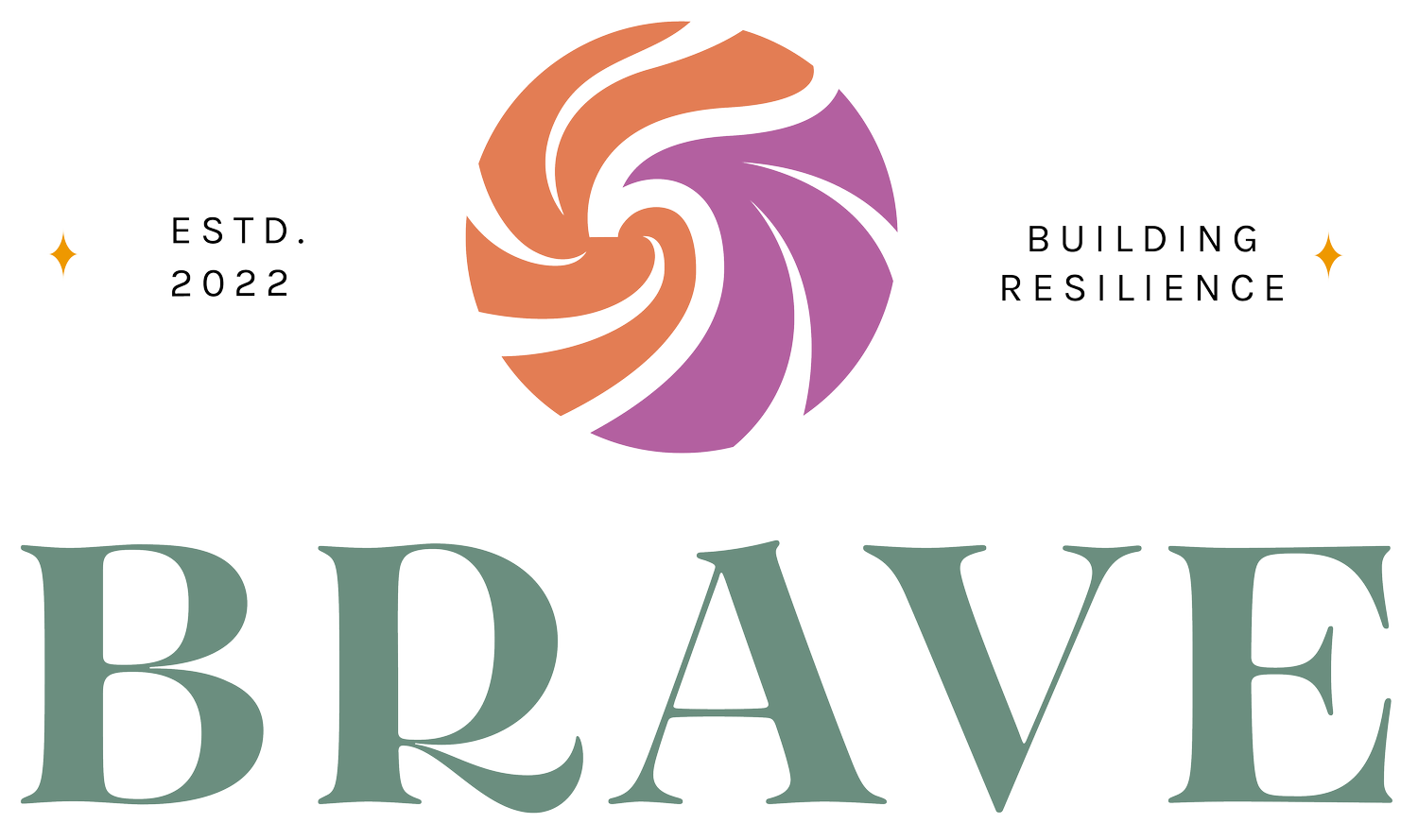What is Brainspotting? A Trauma Therapist’s Guide to How It Works and When It Helps
Brainspotting is a trauma therapy that works with the brain and nervous system, not just thoughts or insight. In this post, I break down what Brainspotting actually looks like in session, how it works, and when it’s often a helpful option, especially when understanding the trauma hasn’t led to the change you expected.
What is EMDR?
What is EMDR, and how does it actually help with trauma and PTSD? This guide explains EMDR in clear, human language, including why insight alone doesn’t always shift trauma responses, how EMDR works with the brain and body, and what to consider if you’re wondering whether it might be a good fit.
Which Trauma Treatment Should I Get Trained In?
Which trauma therapy training should you get? If you’ve felt pressure to choose the “right” model or hesitated to even ask this question: you’re not alone. This grounded guide helps trauma therapists think beyond rankings and acronyms to understand fit, sustainability, and why the therapeutic relationship matters across all trauma approaches.
How to Choose Your Word of the Year After Ditching New Year’s Resolutions
Therapy doesn’t exist outside of politics or social realities and neutrality isn’t neutral. As trauma therapists, we’re constantly navigating the messy middle between hiding behind a blank slate and risking imposing our own beliefs. In this blog, I share how we can practice the affirming anchor, a stance that honors our clients’ humanity without co-signing harm, and offer practical skills you can use in your very next session.
Preparing for Your Word of the Year (Without New Year’s Resolutions)
End-of-year reflection has a way of turning into self-judgment for trauma therapists, especially when it’s capped off with a New Year’s resolution that assumes unlimited capacity. This post breaks down why resolutions don’t work and offers a more flexible alternative: preparing for a Word of the Year without pressure or promises you can’t keep.
5 Gifts Every Trauma Therapist Deserves This Holiday Season
The holidays can bring gratitude, grief, and exhaustion all at once, especially for trauma therapists. Instead of resolutions or self-care tips, I’m sharing five heartfelt wishes for you this season: rest without guilt, support without apology, and work that gives something back. Because being human as a trauma therapist isn’t the problem, it’s the point.
The BRAVE Holiday Survival Guide for Trauma Therapists
Every December, the work feels heavier — sessions take more out of us, and even the air in our offices feels thick with unspoken grief and urgency. This season pulls at trauma therapists in ways we often ignore. In The BRAVE Holiday Survival Guide for Trauma Therapists, I share five grounded ways to steady your nervous system, protect your bandwidth, and move through the holidays without losing yourself in the process.
AI in Therapy 2026: What Every Trauma Therapist Needs to Know
AI isn’t coming for therapy, it’s already here. And for trauma therapists, it’s a current shift that’s reshaping how we work, how clients access care, and what “therapy” even means. In this post, I’m breaking down what’s already happening with AI in mental health care, what’s coming next in 2026, and what every trauma therapist needs to know to stay informed, ethical, and human in the process.
The Burnout Therapists Don’t Talk About with Carla Shohet
When trauma therapists lose attunement, it’s not about weakness but wiring. In this blog inspired by my interview with Carla Shohet, we talk about the sneaky ways vicarious trauma builds, how it shows up in the room, and what it really means to practice with integrity.
You Can’t Out-Think What Your Body Is Trying to Heal: Lessons from Burnout and Recovery with Leann Herron
Trauma therapist burnout doesn’t start in your calendar, it starts in your body. In this post, Dr. Jenny Hughes and Leann Herron talk about the moment the body says “no more,” what healing looks like beyond self-care checklists, and how trauma therapists can reconnect to themselves without losing their work’s purpose.
How to Know When a Client Is Ready for EMDR (and When You Are Too) with Katie Grant
If you’ve ever questioned whether your client — or you — were truly ready for EMDR, you’re not alone. In this honest conversation with EMDR consultant Katie Grant, we dig into what readiness really means, why safety matters more than speed, and how to do EMDR like a human, not a technician.
You Can’t Fake Regulation: What Your Clients Really Feel in the Therapy Room with Lynn Fraser
I used to think regulation meant staying calm no matter what. But as Lynn Fraser reminded me, our nervous systems tell the truth before our words ever do. This conversation is a reminder that presence, not perfection, is what heals.
When Structure Meets Safety in Trauma Therapy with Rachel Grant, MA
As trauma therapists, we’re trained to start with structure — the intake, the assessment, the data that helps us understand our clients’ stories. But sometimes the most therapeutic thing we can do isn’t to keep asking questions, it’s to pause, regulate, and make space for safety. In this post, inspired by a conversation with sexual abuse recovery coach Rachel Grant, I explore how we can hold both structure and humanity in our work.
When Rest Becomes Radical: Lessons from Therapists Living with Chronic Illness with Lindsay Boudreau, LISW
What if rest wasn’t a reward but a radical act of care?
In this conversation with therapist and Cozy Couch Crew founder Lindsay Boudreau, we explore how chronic illness reshapes boundaries, burnout, and what it means to build a sustainable therapy practice that works with your body, not against it.
Therapist Self-Disclosure: Boundaries, Connection, and the Messy Middle
Therapist self-disclosure can feel risky. Maybe you’ve shared something in session and immediately wondered if you crossed a line or broke an ethical rule. The truth is, disclosure isn’t about always saying yes or no, it’s about discernment. In this post, I share a simple 3-part framework, examples of different types of disclosure, and how to navigate boundaries with clarity, ethics, and compassion.















